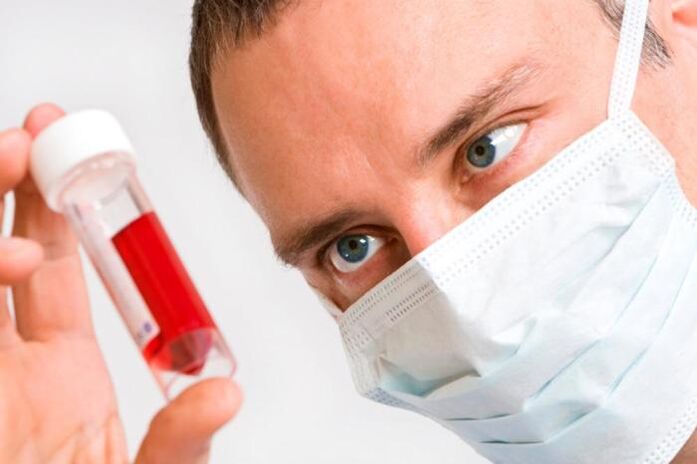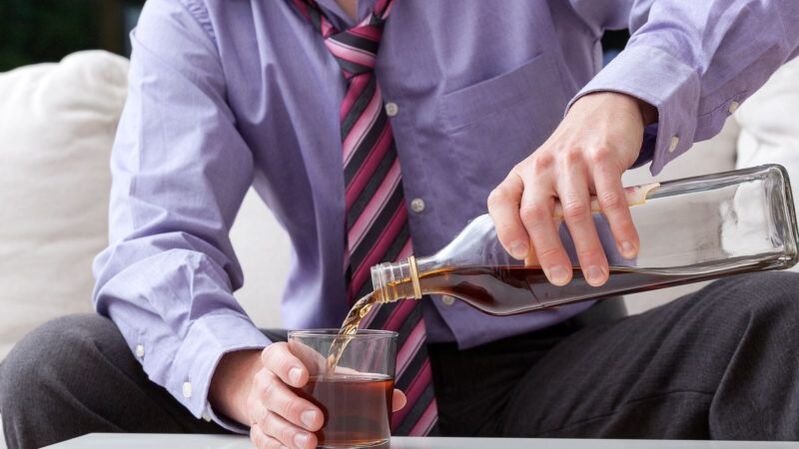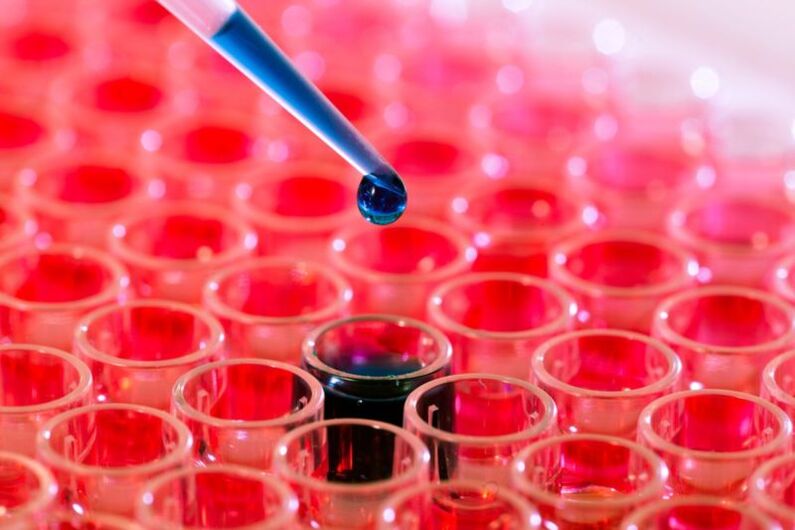
Drinkers tend to drink alcohol before donating blood, what foods are allowed before going to the hospital?
In order not to distort the results of the examination and to be realistic, it is necessary to follow a number of rules that the doctor usually brings to the patient. One of the most important requirements before blood tests is the absence of ethanol.
How alcohol can affect
Does alcohol affect blood tests and how to properly prepare for the test? A blood test is one of the most important, it allows you to assess the general condition of the body and make an accurate diagnosis, so proper preparation for a blood sample and following all the recommendations of the attending physician is a very important step. affects the outcome and should be taken seriously. The speed of the patient's recovery, the treatment prescribed by the doctor directly depends on the results of the study. Therefore, the question of whether it is possible to donate blood after alcohol or whether it is possible to drink beer before blood donation should be answered unequivocally - no. Alcohol should not be taken before donating blood.
The specialist usually warns the patient that blood is taken on an empty stomach in the morning, and even coffee and tea should not be taken. However, some patients do not always follow the recommendations and may drink beer or other alcohol before the tests.

How does ethyl alcohol enter the bloodstream? Causes chemical changes and has various effects on the body:
- There is a decrease in glucose levels - the effect on blood sugar;
- uric acid content increases;
- the amount of lactate in plasma increases;
- A number of other chemicals in the blood and urine also change.
Drinking alcohol can severely distort test results, and at best you will have to take the time to retake the test. Alcohol also affects urine analysis.
How to prepare for the exam
What foods and drinks should not be taken before donating blood?

Experts strongly recommend the following points in preparation for the study. The person taking the test should know:
- abstain from alcohol 48 and ideally 72 hours before donating blood;
- if a person drank alcohol before the analysis (even accidentally), it is recommended to cancel the visit to the hospital and postpone it to a later date;
- there are studies where the use of alcohol is completely prohibited (including tests for nasal hepatitis, HIV, diabetes mellitus, tests for calcium, magnesium, phosphorus and some hormones);
- the use of sugar (and all foods containing sugar), as well as fried, spicy and fatty foods is prohibited the day before the visit to the clinic - this may adversely affect the test;
- you should try to avoid stressful situations - you know their negative impact on the results of the analysis;
- quit smoking 1-2 hours before donating blood.
Analysis of sugar and the effect of alcohol on its results
The use of ethanol-containing beverages and drugs in the testing for sugar is strictly prohibited. This is especially true for diabetes mellitus. The fact is that alcohol affects the liver. As a result, the breakdown products of ethanol enter the blood and urine, which radically distorts the results of research. Ethyl alcohol molecule is actively involved in the body's metabolism, resulting in the formation of glucose. Thus, the result is distorted.
In addition to affecting the liver, ethanol can react chemically with medical devices, resulting in the production of extraneous chemicals that adversely affect the study.

Ethanol can significantly reduce blood glucose levels for a while because it inhibits the production of glucose in the liver. Therefore, a false suspicion of diabetes mellitus may arise.
If you do not want to spend time and money to retake the exam, carefully read the rules of preparation and completely eliminate alcoholic beverages from the diet - even drinks with a minimum amount of ethanol, because they are not in the best condition. is a method that affects the reliability of the results.
In some cases, people are sent for spontaneous, unprepared research. This can be the case, for example, in the workplace, when management suspects an employee of drinking alcohol at work, and the employee may be referred to a health facility for examination to avoid injury in the workplace. In such cases, a urine test for alcohol may also be performed.
In some establishments, an employee undergoes a medical examination before starting work. Typically, these are establishments where employees are responsible for people's lives or use equipment that can have serious consequences if not used properly.
Such tests do not require special training - only a sample of biomaterial is taken. Alcohol content of 0. 2 ppm in the blood is considered harmful to the body, and 0. 5 ppm is considered a lethal dose.
























